Maternal engineered nanomaterial inhalation during gestation alters the fetal transcriptome
- PMID: 29321036
- PMCID: PMC5763571
- DOI: 10.1186/s12989-017-0239-8
Maternal engineered nanomaterial inhalation during gestation alters the fetal transcriptome
Abstract
Background: The integration of engineered nanomaterials (ENM) is well-established and widespread in clinical, commercial, and domestic applications. Cardiovascular dysfunctions have been reported in adult populations after exposure to a variety of ENM. As the diversity of these exposures continues to increase, the fetal ramifications of maternal exposures have yet to be determined. We, and others, have explored the consequences of ENM inhalation during gestation and identified many cardiovascular and metabolic outcomes in the F1 generation. The purpose of these studies was to identify genetic alterations in the F1 generation of Sprague-Dawley rats that result from maternal ENM inhalation during gestation. Pregnant dams were exposed to nano-titanium dioxide (nano-TiO2) aerosols (10 ± 0.5 mg/m3) for 7-8 days (calculated, cumulative lung deposition = 217 ± 1 μg) and on GD (gestational day) 20 fetal hearts were isolated. DNA was extracted and immunoprecipitated with modified chromatin marks histone 3 lysine 4 tri-methylation (H3K4me3) and histone 3 lysine 27 tri-methylation (H3K27me3). Following chromatin immunoprecipitation (ChIP), DNA fragments were sequenced. RNA from fetal hearts was purified and prepared for RNA sequencing and transcriptomic analysis. Ingenuity Pathway Analysis (IPA) was then used to identify pathways most modified by gestational ENM exposure.
Results: The results of the sequencing experiments provide initial evidence that significant epigenetic and transcriptomic changes occur in the cardiac tissue of maternal nano-TiO2 exposed progeny. The most notable alterations in major biologic systems included immune adaptation and organismal growth. Changes in normal physiology were linked with other tissues, including liver and kidneys.
Conclusions: These results are the first evidence that maternal ENM inhalation impacts the fetal epigenome.
Keywords: Epigenetics; Fetal; Inhalation; Maternal; Nanomaterial; Nanotechnology; Toxicology.
Conflict of interest statement
Ethics approval and consent to participate
not applicable
Consent for publication
The authors consent to publication.
Competing interests
The authors declare that they have no competing interests.
Publisher’s Note
Springer Nature remains neutral with regard to jurisdictional claims in published maps and institutional affiliations.
Figures
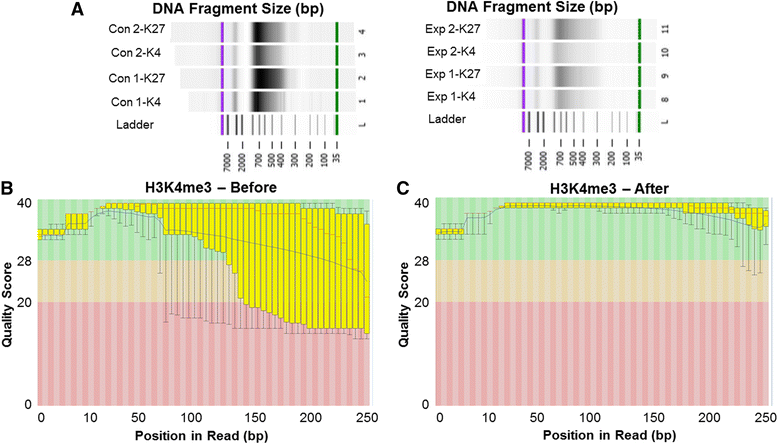
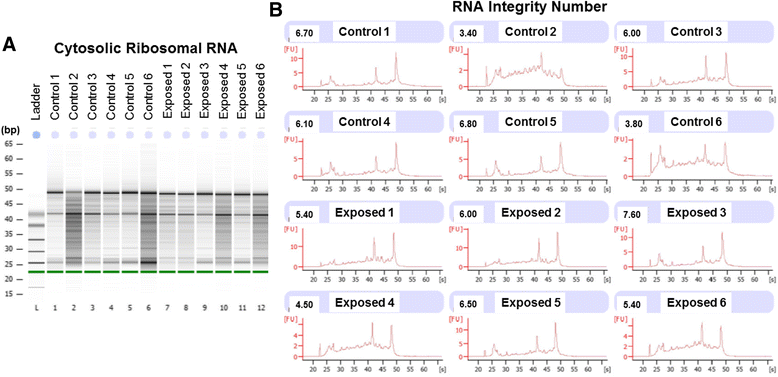
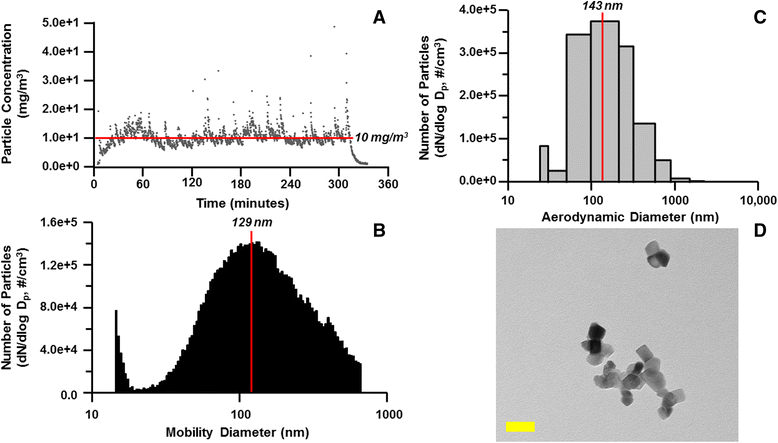
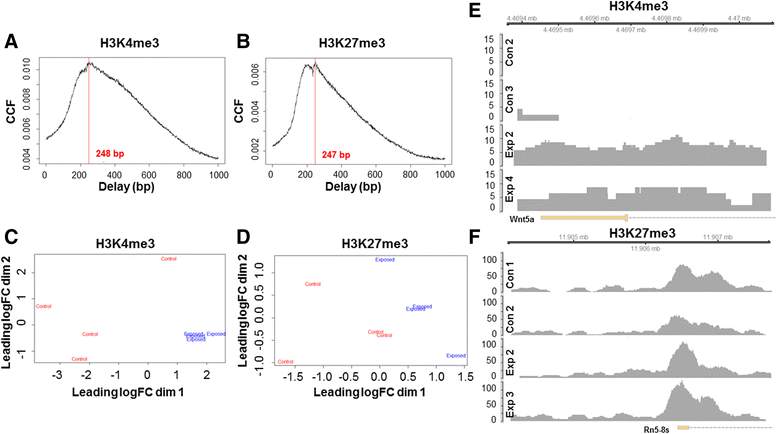
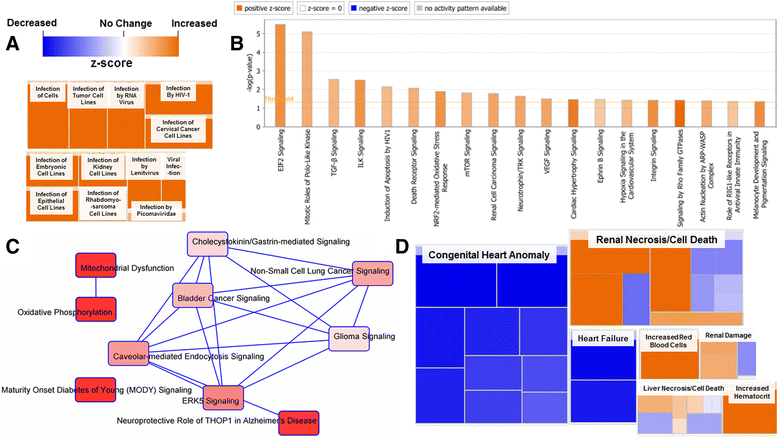
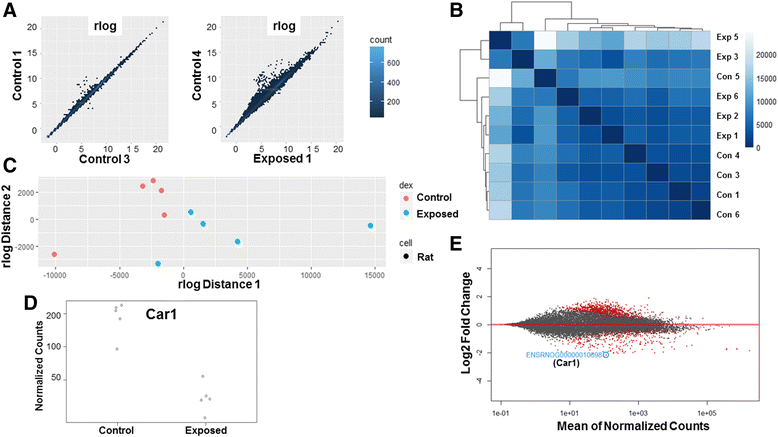
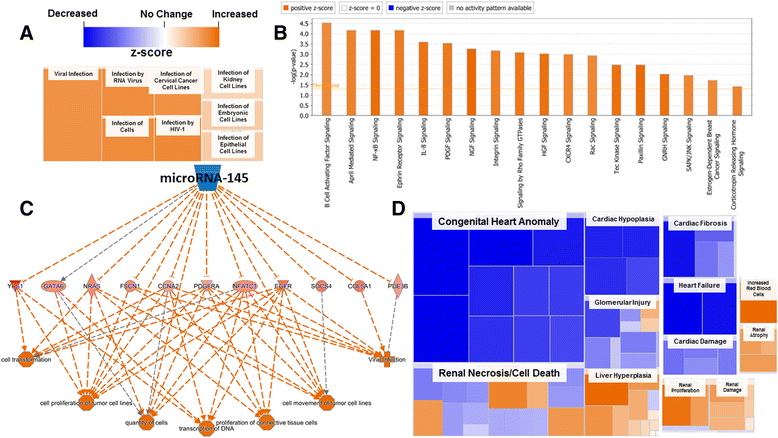
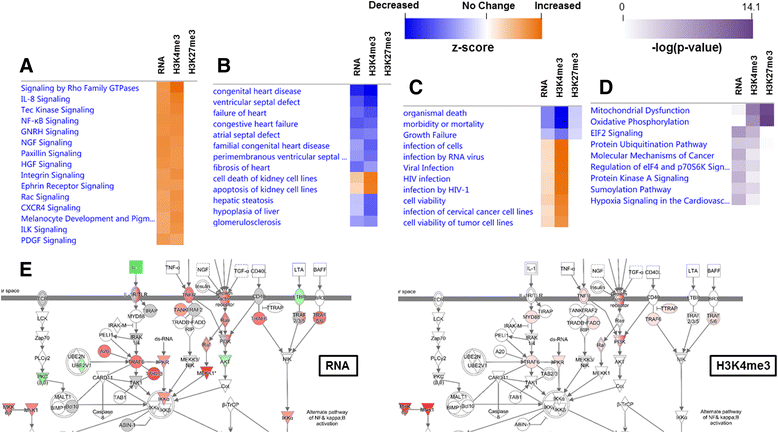
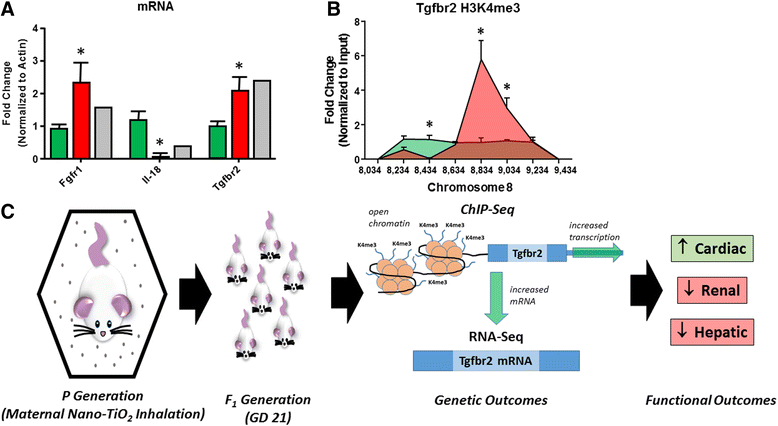
References
Publication types
MeSH terms
Substances
Grants and funding
- DGE-1144676/National Science Foundation/International
- R01 HL128485/HL/NHLBI NIH HHS/United States
- NSF-1003907/National Science Foundation/International
- es024783/ES/NIEHS NIH HHS/United States
- R56 HL128485/HL/NHLBI NIH HHS/United States
- P30 ES005022/ES/NIEHS NIH HHS/United States
- R00 ES024783/ES/NIEHS NIH HHS/United States
- AHA-17PRE33660333/American Heart Association/International
- R01 ES015022/ES/NIEHS NIH HHS/United States
- ES015022/ES/NIEHS NIH HHS/United States
- hl128485/HL/NHLBI NIH HHS/United States
- 13PRE16850066/American Heart Association/International
LinkOut - more resources
Full Text Sources
Other Literature Sources
Medical
Research Materials

